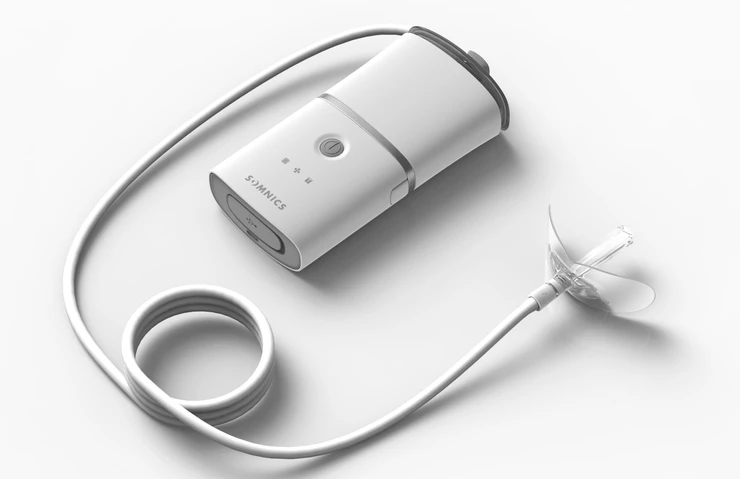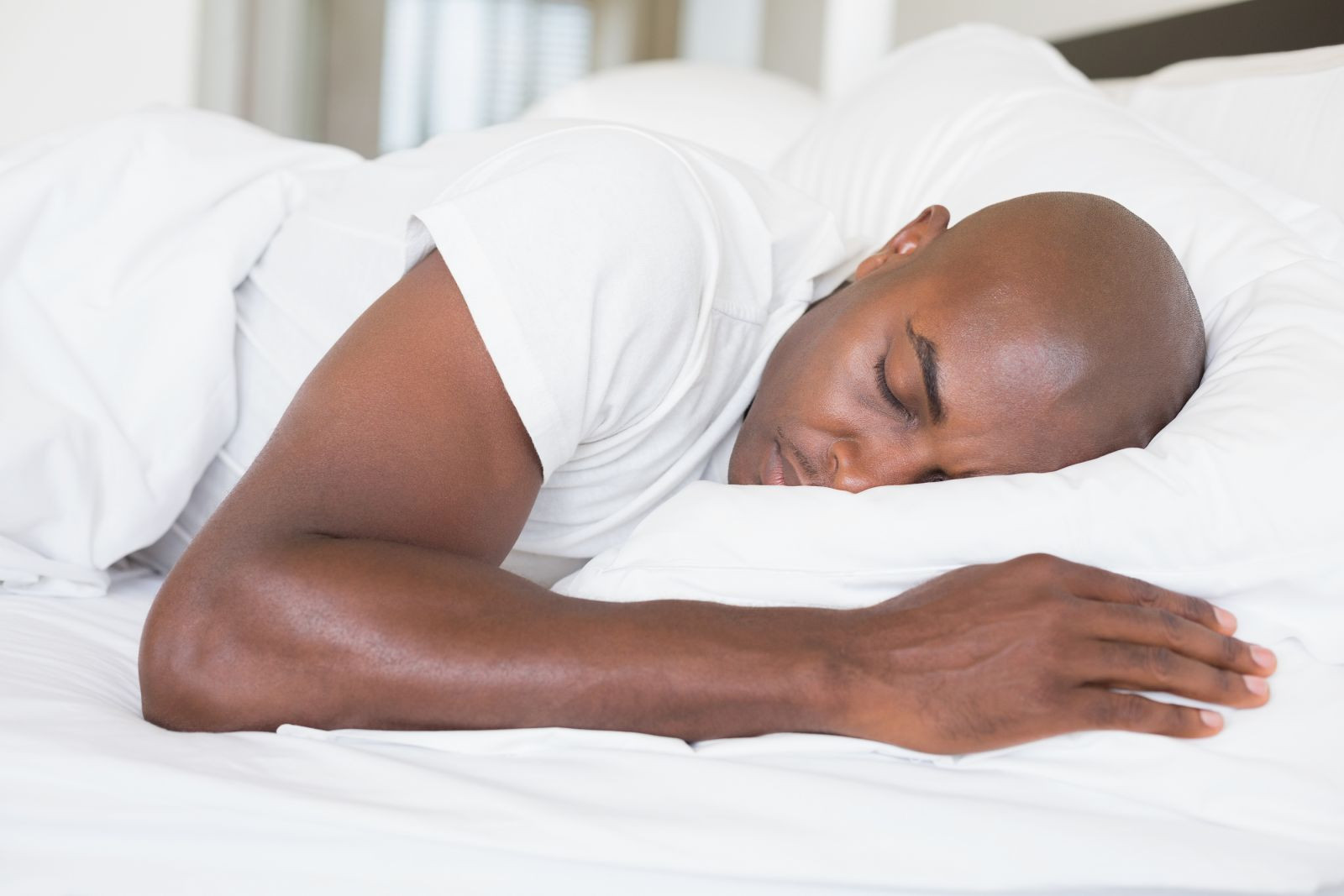Sleep Improvement Therapy - Improve Your Sleep Top Quality
Wiki Article
Effective Treatment Solutions for Taking Care Of Rest Disorders and Enhancing Relaxing Sleep
In the realm of health care, the management of sleep problems and the quest for peaceful rest are critical parts of general health. Reliable treatment options use a multifaceted method to take on these difficulties, varying from cognitive behavioral treatments to all natural methods that promote relaxation and mindfulness. The expedition of different strategies, including the assimilation of drug and light treatment, opens up a realm of possibilities in the search of better sleep high quality. As we navigate the complex landscape of sleep conditions and look for to boost our rest experience, a deeper understanding of these therapy services may hold the key to unlocking a more relaxing and fulfilling restorative trip.Cognitive Behavior Modification for Sleeping Disorders (CBT-I)
Cognitive Behavior Treatment for Sleeplessness (CBT-I) is a structured, evidence-based therapy approach that concentrates on attending to the underlying factors adding to sleep disturbances. This sort of treatment aims to customize habits and ideas that aggravate sleep problems, inevitably advertising healthy rest patterns. CBT-I normally includes several essential parts, including cognitive treatment, sleep limitation, stimulus control, and rest health education.Cognitive treatment helps people identify and transform adverse thought patterns and ideas concerning rest that may be preventing their ability to fall or remain asleep. Rest limitation involves limiting the quantity of time invested in bed to match the individual's real rest period, thus enhancing sleep effectiveness (sleep improvement therapy). Stimulus control techniques help develop a solid organization between the bed and rest by encouraging people to head to bed only when sleepy and to avoid taking part in stimulating tasks in bed
Additionally, sleep health education concentrates on establishing healthy sleep behaviors, such as keeping a constant rest routine, developing a relaxing bedtime routine, and optimizing the sleep environment. By resolving these variables adequately, CBT-I supplies a reliable non-pharmacological treatment for handling sleep problems and improving total sleep high quality.
Sleep Hygiene Practices
Having established the foundation of cognitive restructuring and behavioral modifications in addressing insomnia through Cognitive Behavioral Treatment for Sleeping Disorders (CBT-I), the focus currently shifts in the direction of discovering necessary Sleep Health Practices for maintaining optimum rest quality and general wellness.Rest health practices encompass a series of behaviors and environmental aspects that can significantly affect one's capacity to drop off to sleep and stay asleep throughout the night. Regular rest and wake times, developing a relaxing bedtime routine, and maximizing the rest environment by maintaining it dark, silent, and cool are critical elements of good sleep hygiene. Restricting direct exposure to displays before bedtime, avoiding stimulants like high levels of caffeine close to bedtime, and taking part in regular physical task throughout the day can likewise advertise far better rest top quality.
Moreover, practicing leisure strategies such as deep breathing exercises or meditation prior to bed can assist calm the mind and prepare the body for sleep. By including these rest health practices into one's everyday regimen, people can develop a healthy rest pattern that sustains relaxed sleep and total health.
Relaxation Techniques and Mindfulness
Applying leisure strategies and mindfulness practices can play a critical role in fostering a feeling of tranquility and promoting high quality sleep. In addition, assisted imagery can aid transport people to a peaceful place in their minds, assisting in anxiety decrease and boosting rest high quality.By including these techniques right into a bedtime regimen, individuals can signal to their bodies that it is time to unwind and prepare for rest. Overall, incorporating relaxation methods and mindfulness practices can significantly add to taking care of sleep problems and boosting general rest quality.

Medication Options for Sleep Disorders
After exploring leisure strategies and mindfulness practices as non-pharmacological treatments for enhancing rest top quality, it is important to consider medication options for individuals with rest problems. In instances where way of life changes and treatment do not provide sufficient relief, medication can be a valuable device in taking care of rest disruptions.
Typically prescribed drugs for sleep conditions consist of benzodiazepines, non-benzodiazepine hypnotics, antidepressants, and melatonin receptor agonists. Benzodiazepines, such as diazepam, are sedatives that can aid induce sleep, but they are normally recommended for temporary usage due to the risk of dependence. Non-benzodiazepine hypnotics like zolpidem are also utilized to treat sleeping disorders and have a reduced danger of dependancy contrasted to benzodiazepines. Antidepressants, such as trazodone, can be useful for individuals with co-occurring clinical depression and sleep disturbances. Melatonin receptor agonists, like ramelteon, target the body's natural sleep-wake cycle and can be handy for managing rest patterns.
It is essential for people to speak with a doctor to determine one of the most proper medicine option based on their certain rest problem and medical background.
Light Therapy for Body Clock Law
Light therapy, also called photo-therapy, is a limb movement disorder non-invasive treatment method made use of to regulate body clocks and boost sleep-wake cycles. This treatment involves exposure to intense light that resembles all-natural sunlight, which helps to reset the body's internal clock. By subjecting people to certain wavelengths of light, generally in the early morning or evening depending on the wanted effect, light therapy can successfully adjust the body clock to promote wakefulness throughout the day and enhance relaxed rest at night.Research has actually shown that light therapy can be especially useful for people with circadian rhythm problems, such as postponed sleep stage syndrome or jet lag. It can likewise be handy for those experiencing seasonal depression (SAD), a type of depression that normally happens throughout the winter season when all-natural light direct exposure is minimized. Light therapy is generally well-tolerated and can be utilized along with various other treatment approaches for sleep conditions to optimize end results and boost total rest top quality.
Verdict
Finally, reliable therapy remedies for taking care of rest problems and boosting peaceful rest consist of Cognitive Behavioral Therapy for Sleeplessness (CBT-I), rest health techniques, leisure techniques and mindfulness, medicine choices, and light therapy for circadian rhythm regulation. These approaches can help people enhance their sleep top quality and general wellness. It is essential to consult with a doctor to establish the most ideal strategy for addressing rest problems.
As we browse the complex landscape of rest disorders and seek to boost our rest experience, a much deeper understanding of these treatment options might hold the key to unlocking a much more refreshing and satisfying corrective journey.
Rest constraint involves restricting the amount of time invested in bed to match the individual's actual rest period, consequently increasing sleep efficiency. Regular rest and wake times, developing a relaxing bedtime routine, and enhancing the sleep atmosphere by maintaining it dark, quiet, and cool are important components of good sleep hygiene. Light treatment is usually well-tolerated like it and can be made use of in combination with other therapy techniques for sleep conditions to optimize results and boost general sleep top quality.

Report this wiki page